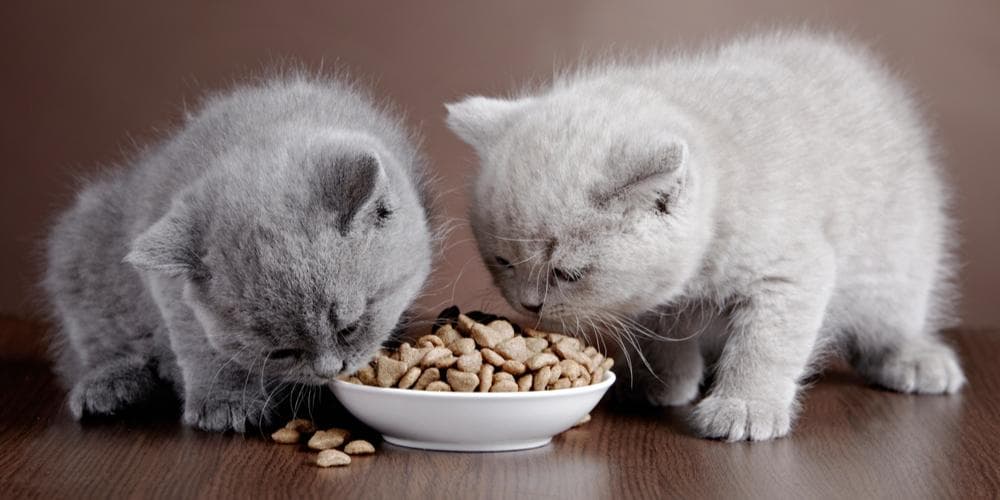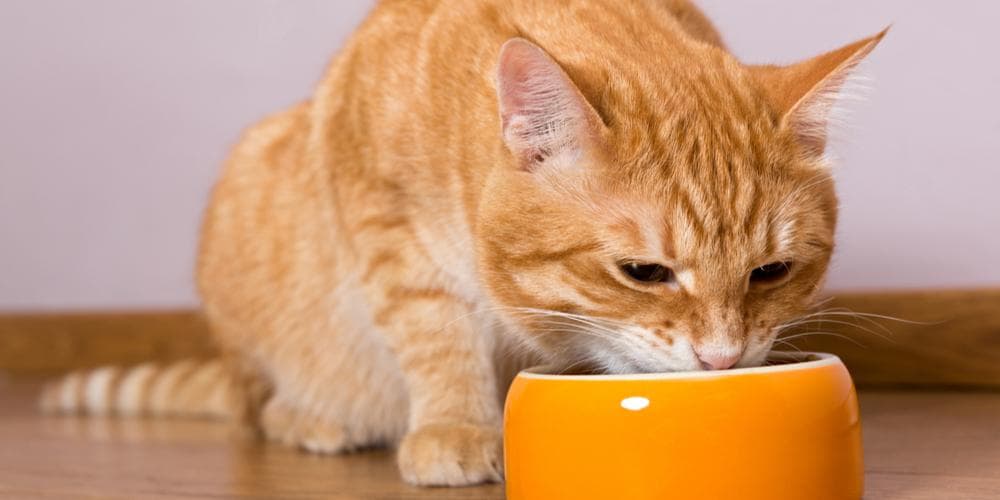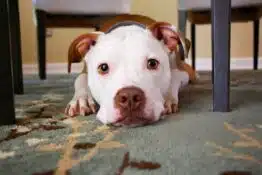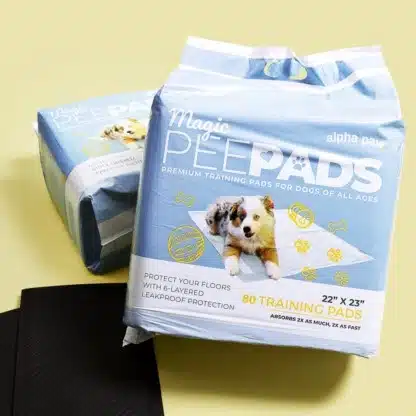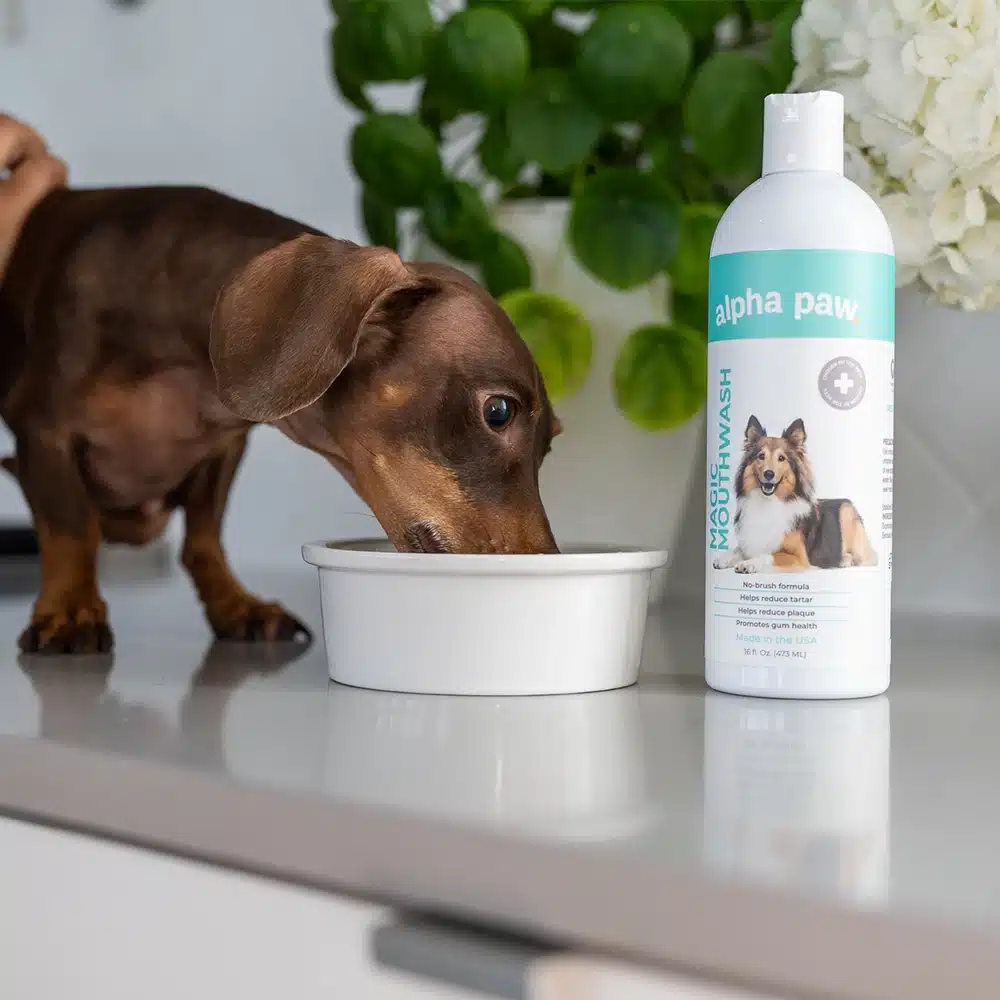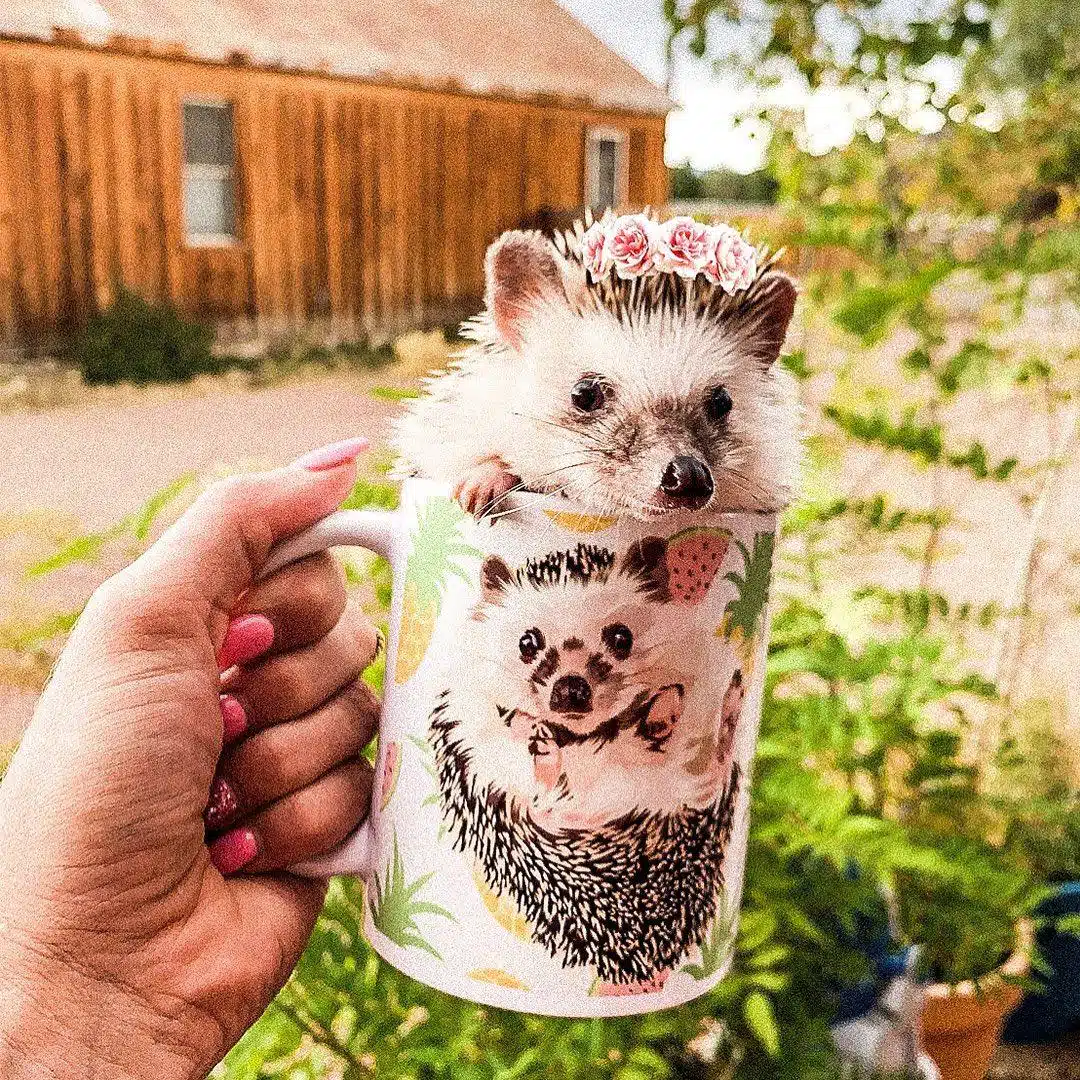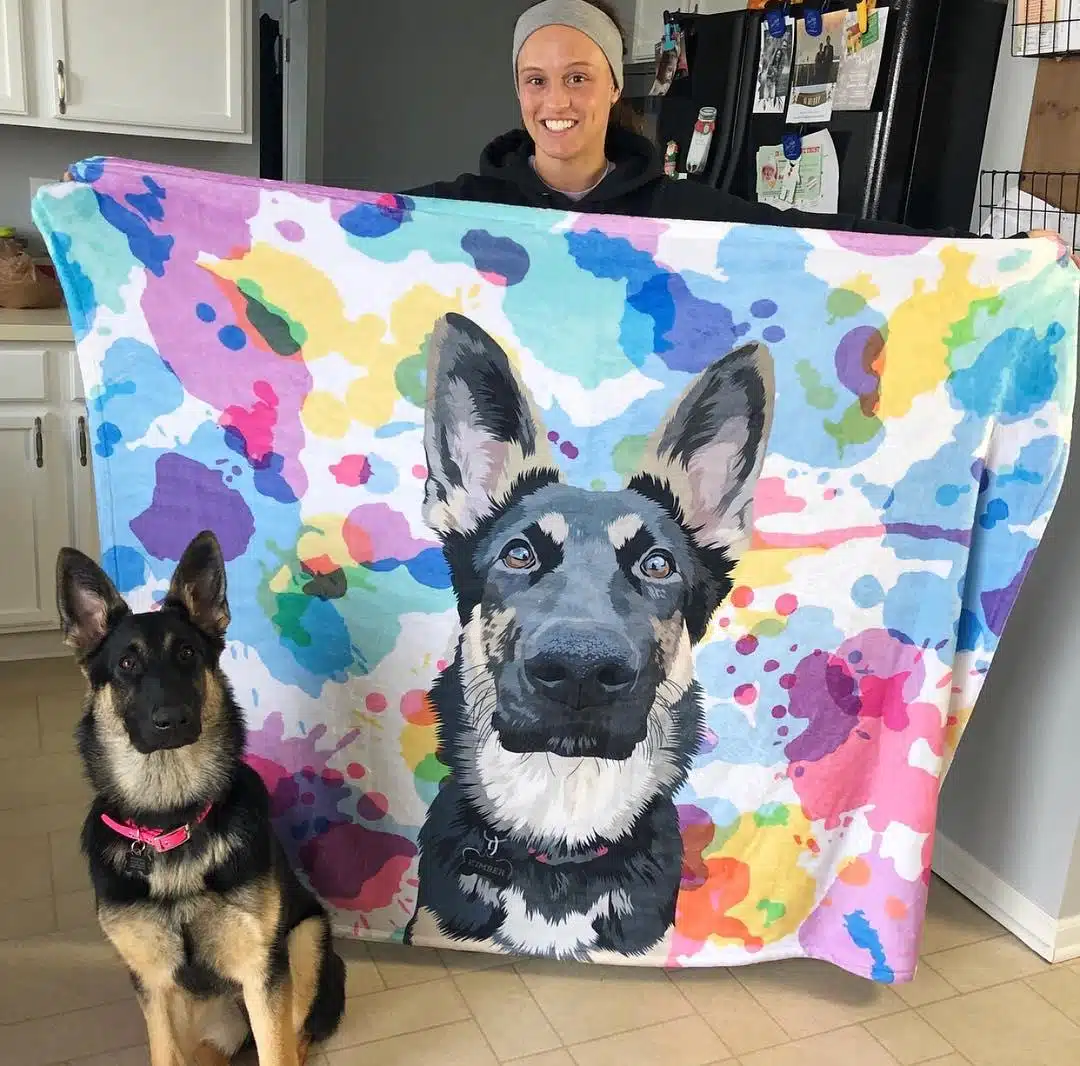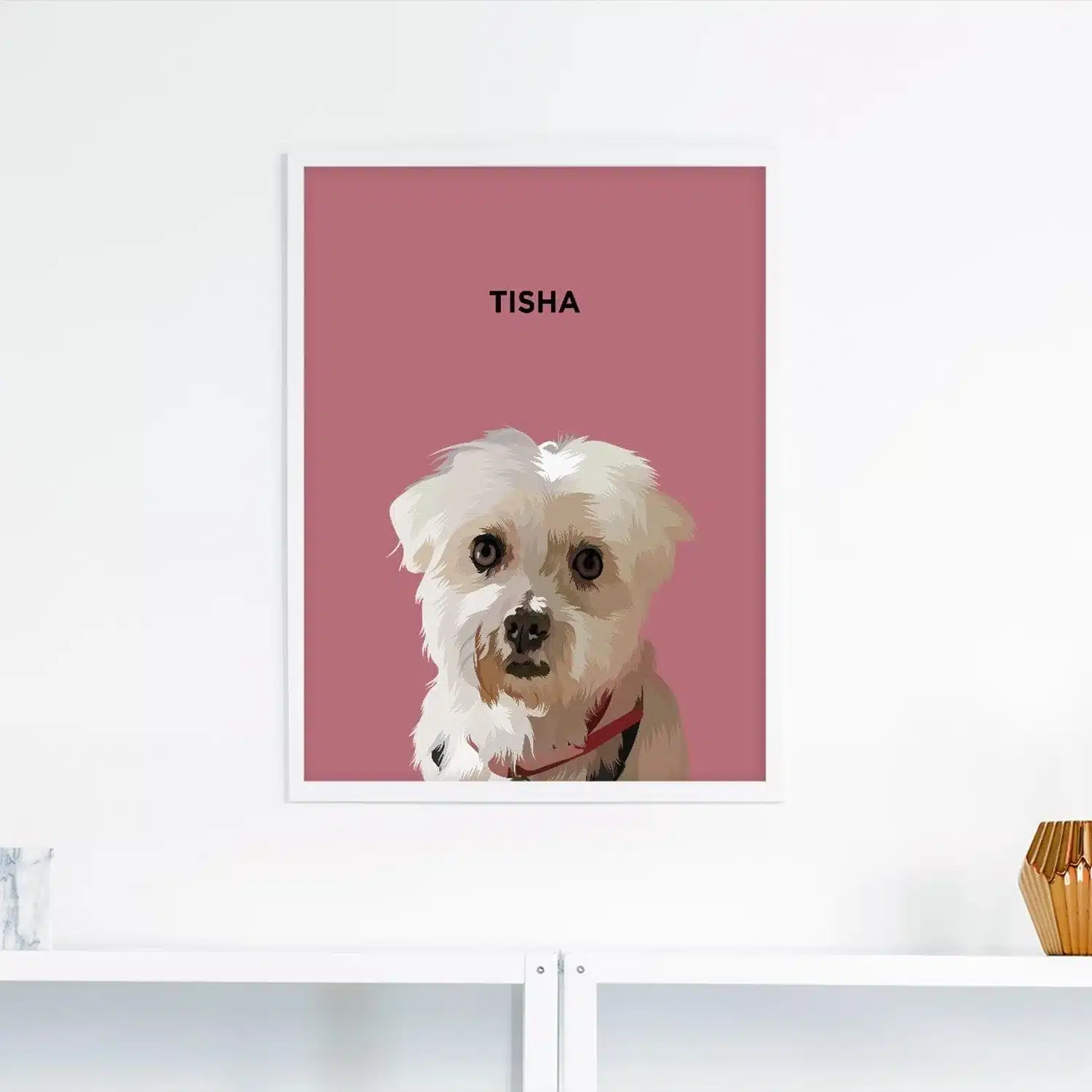What ingredients In Cat Food Should You Be Wary Of?
“You are what you eat.”
This truism is just applicable to your cat as to you. There’s no doubt that choosing your cat’s food seems to be an easy task. However, if you are serious about giving your cat the best food possible, you need to be conscious about what you give him.
While commercial cat food is a blessing to pet owners, it can also become a curse. It allows us to instantly prepare food for our feline friends, but we must check the label first before we do.
For this reason, let me share with you some of the ingredients in cat food that you should be wary about.
Butylated Hydroxyanisole (BHA)
Used as an artificial preservative, Butylated hydroxyanisole (BHA) is a common ingredient found on commercial cat food products.
Some studies suggest that BHA is carcinogenic – meaning, it can cause cancer. Feeding your cat food with BHA might not harm her immediately, but feeding him with BHA all the time would certainly trigger cancer cells in your cat’s body.
For this reason, it is better to avoid food with BHA altogether rather than gambling your cat’s life.
Wheat Gluten
Wheat gluten is usually found in vegan’s diet. It is used to make a high-protein, meat-like food. Manufacturers choose this ingredient because it is expensive for them to use meat.
According to the World Health Organization, using wheat gluten as an alternative to meat protein can cause kidney problems. Wheat Gluten contains melamine, plastic, nitrogen, and protein elements. So, if you see “chunks of meat” on low-quality food, there is a possibility that it is made out of wheat gluten and not purely meat.
Garlic
Garlic belongs to the allium family. For us humans, garlic has a lot of health benefits, but not in cats. Felines can’t readily digest garlic and if he eats garlic or any other food belonging to the allium family, it may damage his red blood cells. This may result in weakness, vomiting, and diarrhea.
To avoid future garlic toxicity, throw away cat food with garlic. Store your garlic and other related food products in a place where your cat can’t reach them.
Glucose
Diabetes mellitus, the inability to balance blood sugar, is a common issue with the intake of glucose. Glucose is used as a sweetener on commercial cat food products. Too much glucose can cause weight gain, loss of appetite, vomiting, dehydration, or even worst – death.
Food Coloring
Your cat does not care whether his food is color brown, red, or blue. All he cares would be that the food is delicious and satisfying. So, food color isn’t really a matter of life and death for cats. Thus, you can skip cat food with food coloring especially caramel. Food coloring is known to cause allergies and cancer.
Cellulose
Here’s another food ingredient you should be wary about. Cellulose is insoluble fiber. Companies add cellulose to make cat food increase in mass, but in the process, it is not that nutritious anymore.
The problem with cellulose is it is often derived from wood pulp and cats certainly don’t eat wood pulps. Not only that, but cellulose interfere with the proper ingestion of protein and uptake of other nutrients. Cellulose is often found in lower quality cat food.
Other Ingredients to Watch Out For
Aside from what I have mentioned already above, here are other ingredients to watch out for:
- Carrageenan
- Glyceryl Monostearate
- Rendered meat and bone meal
- Meat by-products
- Iron oxide
- Sodium nitrite
- Titanium dioxide
- Sodium tripolyphosphate
- Butylated hydroxytoluene (BHT)
- Ethoxyquin
Get The Right Food For Your Cat
As you can see, it takes a great effort and caution to ensure you feed your cat with the right food. Thankfully, once you have determined the right commercial cat food and brand, things would get easier.
If you have further questions or any doubts in your mind, speak to your veterinarian. He should be able to explain to you further the right diet for your pet and may even recommend the best cat food.




